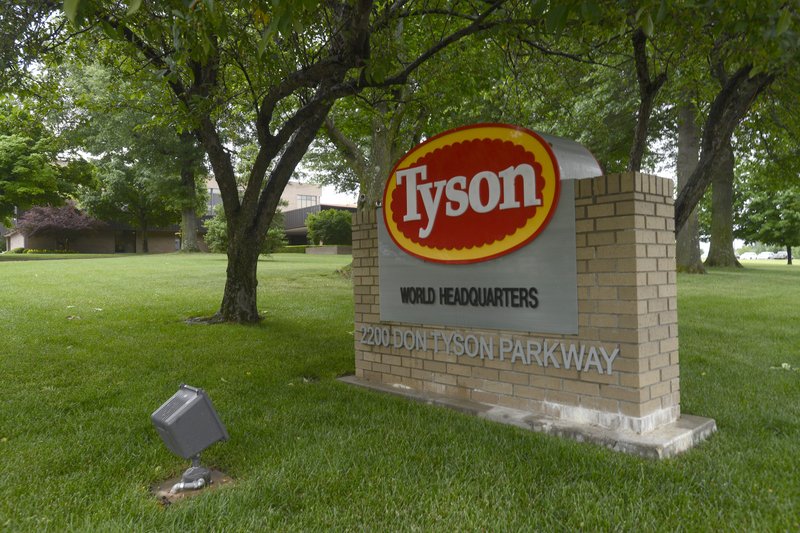China has opened its ports to all U.S. poultry products, including live birds, removing a trade ban that has been in place since 2015.
The move takes place as China continues to struggle with the spread of a coronavirus that has killed thousands of people and slowed China's economy.
China banned the import of U.S. poultry products in 2015 after avian influenza was found in the Pacific Northwest, resulting in the eradication of millions of chickens and turkeys grown for meat or eggs. The United States has been free of the virus since August 2017.
Talks to lift the yearslong poultry ban began soon after African swine fever, a disease that affects hogs but not humans, took hold in China and other Asian countries last year, wiping out commercial pig herds. In November, China approved poultry meat imports as a concession just before a limited trade deal was reached with the U.S. A final deal was signed last week.
On Monday, the Ministry of Agriculture and Rural Affairs said on its website that China would lift all restrictions on imported poultry and related products from the United States, including live poultry. This would primarily affect genetics companies that breed poultry for eggs and meat purposes such as Aviagen and Cobb-Vantress, owned by Tyson Foods.
Exports of live poultry from the U.S. to China were worth $38.7 million in 2013, dwarfed by other poultry products such as chicken feet, Reuters reported. But the U.S. ban had a large effect on China's poultry producers, who rely on breeder chickens to replenish their stock.
Asked about how the new Chinese policy would affect Cobb-Vantress, a spokesman for Tyson said "we are well positioned to meet the growing global demand for quality protein."
The Chinese market is also opening up for pork products. Meatpackers Tyson and JBS USA said last year they would stop using ractopamine, an additive that is illegal in China, in the feed for their hog herds. Hormel said Tuesday that it would do the same to spur export sales, Reuters reported.
Responding to a question about exports, Tyson spokesman Worth Sparkman said in an email that the company has "not redirected any of our current export chicken products from their intended destinations."
Demand for imported animal protein has been growing in China as the swine fever outbreak continues to reduce domestic pork herds. Meanwhile, the novel coronavirus has infected more than 74,000 people in mainland China. The global death toll exceeded 2,000 on Wednesday.
The coronavirus also has reduced China's supply of poultry and egg products. Agriculture Ministry official Yang Zhenhai said at a State Council briefing on Tuesday that supplies are expected to be hit in the second and third quarters. Reuters reported that since the outbreak, live poultry markets have been closed, transportation of chicks and other live poultry has been curtailed and slaughterhouses have been shut down.
In response, China has urged local governments, except for Wuhan and other seriously affected areas, to continue producing livestock. The sector has faced problems such as feed supply shortages, transportation and sales difficulties and a temporary worker shortage, the Agriculture Ministry said on its website.
"We're closely monitoring news of coronavirus," Tyson's Sparkman said in an email Wednesday. "We are actively assessing what this outbreak may mean for our global business and preparing for the possibility of any impact. In China we have been working with the government and we have successfully re-started all of our operations."
Aviagen did not immediately return a request for comment.
Business on 02/20/2020
